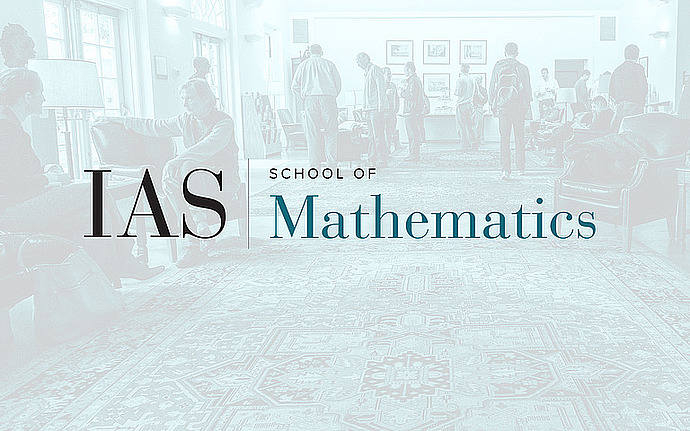
Computer Science/Discrete Mathematics Seminar II
Solvability of Polynomial Equations over Finite Fields
We investigate the complexity of the following polynomial solvability problem---given a finite field $\mathbb F_q$ and a set of polynomials $f_1, f_2, \dotsc, f_m \in \mathbb F_q[x_1, x_2, \dotsc, x_n]$ of total degree at most $d$, determine the existence of an $\mathbb F_q$-solution to the system of equations \[ f_1(\overline{\mathbf x}) =f_2(\overline{\mathbf x}) = \dotsb =f_m(\overline{\mathbf x}) = 0.\] That is determine if there exists a point $\overline{\mathbf a} \in \mathbb F_q$ such that \[f_1(\overline{\mathbf a}) = f_2(\overline{\mathbf a}) = \dotsb =f_m(\overline{\mathbf a}) = 0.\] The problem is easily seen to be NP-complete even when the field size is 2 and the degree $d$ of each polynomial is also bounded by 2. Here we investigate the deterministic complexity of this problem when the number $n$ of variables in the input is bounded. We show that for any fixed $n$, there is a deterministic algorithm for this problem whose running time is bounded by a polynomial in $(d \cdot m \cdot \log q)$. Moreover the algorithm can be implemented parallely to get a family of P-uniform circuits of size $\mathrm{poly}(d \cdot m \cdot \log q)$ and depth $\mathrm{poly}(\log d \cdot \log m \cdot \log q)$ for this problem.